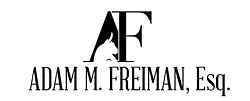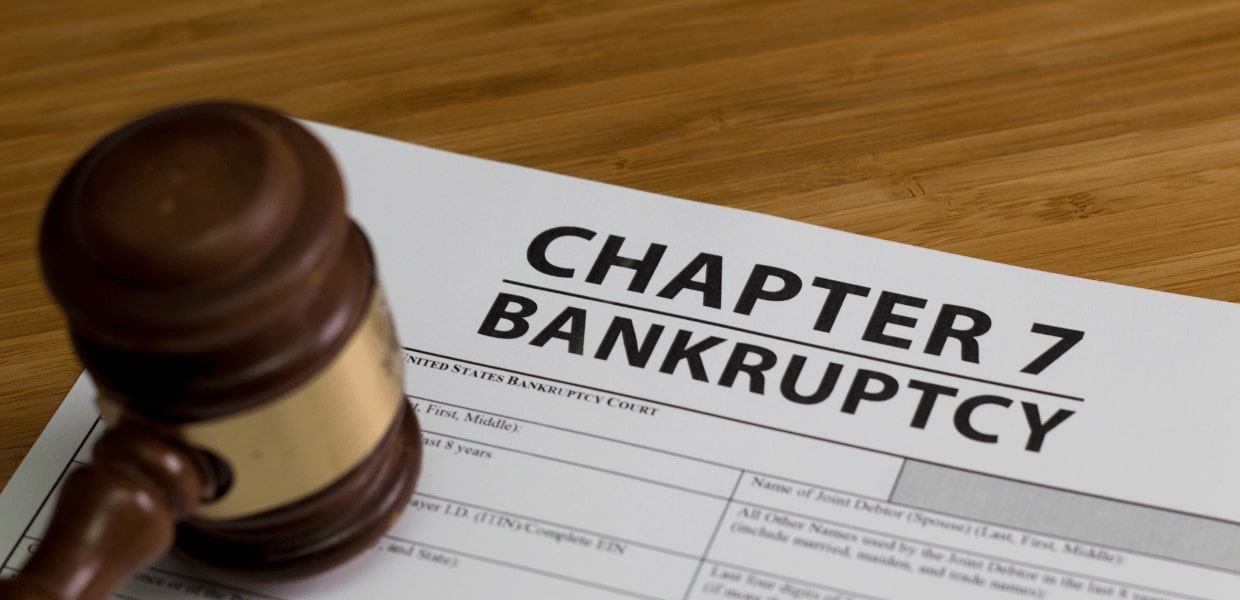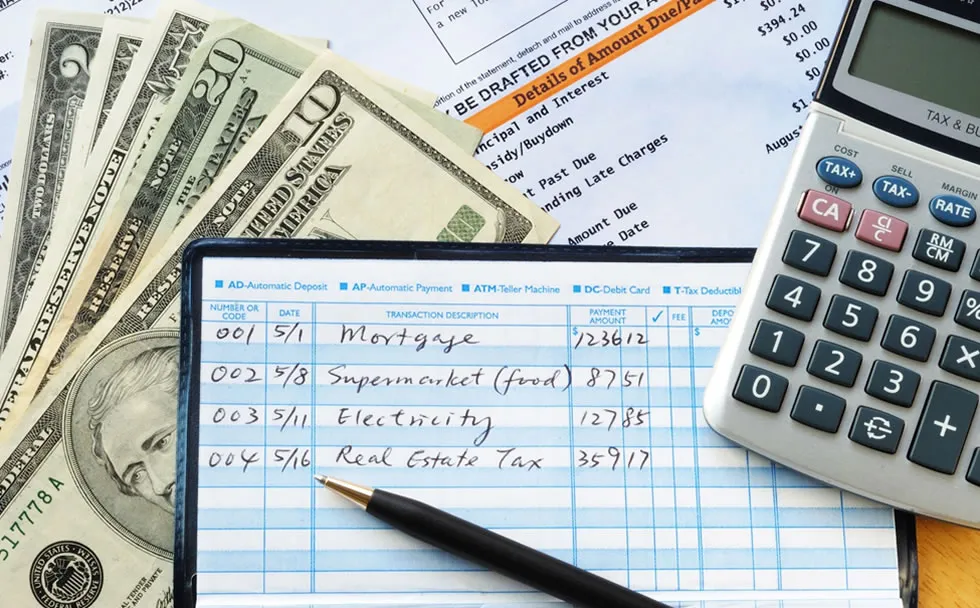Today, credit cards have become indispensable tools for managing finances, making purchases, and handling emergencies. However, the convenience they offer often comes with a hidden cost: high-interest rates and the potential for accumulating significant debt. For many consumers, this debt can spiral out of control, leading to financial distress and a sense of helplessness. In such situations, bankruptcy emerges as a viable solution to alleviate the burden of overwhelming debt and provide a fresh start.
The Rise of Credit Card Debt
In recent years, credit card debt has been on the rise, fueled by easy access to credit and consumer spending habits. According to the Federal Reserve, as of 2022, outstanding credit card debt in the United States reached a staggering $930 billion, reflecting a significant portion of total consumer debt. The allure of credit cards, with their enticing rewards and flexible payment options, often tempts individuals into overspending beyond their means, leading to a cycle of debt accumulation.
The Consequences of High Credit Card Debt
Carrying high levels of credit card debt can have detrimental effects on individuals’ financial well-being. High-interest rates charged by credit card companies exacerbate the problem, causing debt to balloon rapidly if not managed effectively. As debt accumulates, monthly payments become increasingly burdensome, often surpassing individuals’ ability to repay, leading to missed payments, late fees, and damage to credit scores.
Moreover, the stress of managing debt can take a toll on mental and emotional health, leading to anxiety, depression, and strained relationships. Financial insecurity becomes a constant companion, hindering individuals’ ability to plan for the future and achieve their long-term goals.
Bankruptcy as a Viable Solution
When confronted with insurmountable debt, bankruptcy can offer a lifeline for individuals seeking relief from financial distress. Bankruptcy is a legal process designed to help individuals and businesses eliminate or repay debts under the protection of the court. While it is not a decision to be taken lightly, bankruptcy can provide a fresh start and a chance to rebuild one’s financial foundation.
There are two primary forms of bankruptcy available to consumers: Chapter 7 and Chapter 13.
Chapter 7 Bankruptcy: Also known as liquidation bankruptcy, Chapter 7 involves the sale of non-exempt assets to repay creditors. However, many assets, such as primary residences, vehicles, and personal belongings, are typically exempt from liquidation. Once the process is complete, most remaining unsecured debts, including credit card debt, are discharged, providing a clean slate for the filer.
Chapter 13 Bankruptcy: Often referred to as reorganization bankruptcy, Chapter 13 allows individuals with a regular income to create a repayment plan to gradually pay off their debts over three to five years. While credit card debt may not be fully discharged under Chapter 13, the repayment plan can make debt more manageable and prevent creditors from pursuing aggressive collection actions.
Navigating the Bankruptcy Process
Filing for bankruptcy can be a complex and daunting process, requiring careful consideration and guidance from qualified professionals. Before pursuing bankruptcy, individuals should explore alternative debt relief options, such as debt consolidation.
Consulting with a bankruptcy attorney at our office can provide invaluable assistance in assessing your financial situation, understanding eligibility criteria, and determining the most appropriate course of action. We help you understand and navigate the intricacies of bankruptcy law, prepare necessary documentation, and represent your interests throughout the process.
Conclusion
High credit card debt can pose significant challenges for consumers, jeopardizing their financial stability and well-being. While bankruptcy may carry stigma and implications for creditworthiness, it can offer a path to financial recovery and a fresh start free from overwhelming debt.
By understanding the options available and seeking guidance, individuals burdened by high credit card debt can take proactive steps towards regaining control of their finances and building a more secure future. Ultimately, bankruptcy serves as a valuable tool for those facing insurmountable debt, providing a second chance to achieve financial freedom and peace of mind.
At the Law Offices of Adam M. Freiman, we specialize in a range of bankruptcy services designed to help our clients navigate their financial challenges. With our expert guidance, you can regain control of your financial future quickly and easily. To schedule a consultation, fill out the online form or call (410) 486-3500.





